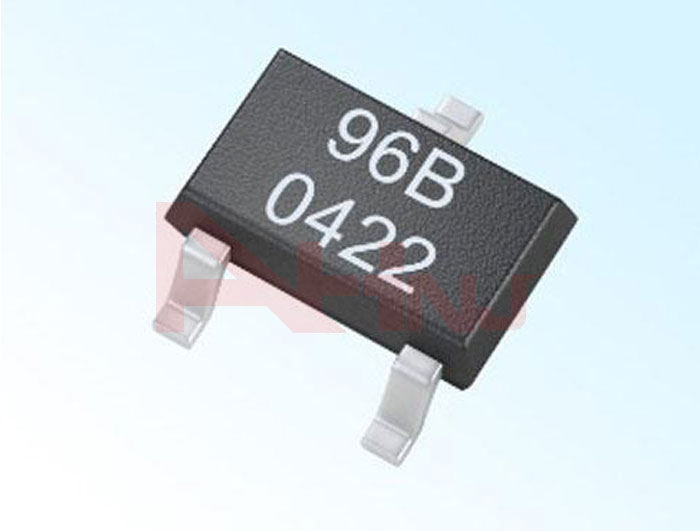Application of Linear Sensors to Ensure Vehicle Safety
As a Linear Sensor Factory, share with you. Linear sensors is a quantity related to the movement of the position of an object during movement.
The range of displacement measurement methods is quite extensive. Small displacement is usually detected by strain type, inductive type, differential transformer type, eddy current type, Linear Hall Sensor, and large displacement is usually measured by sensing technology such as induction synchronizer, grating, capacity grid, magnetic grid and so on. Among them, the grating sensor has the advantages of easy digitalization, high accuracy (currently the highest resolution can reach nanometer level), strong anti-interference ability, no artificial reading error, convenient installation, reliable use, etc., in the machine tool processing, testing instrument and other industries. Is increasingly widely used.
Linear Hall Sensor
Construction safety is a safety issue encountered in engineering construction in various industries. Construction safety covers all safety issues during the operation and involves management, finance and logistical support. The Chinese government has always attached importance to production safety, people's life and property safety, and has formulated relevant laws and regulations, and has made clear requirements for personnel and units engaged in the engineering construction industry in China. And construction machinery needs more attention in construction safety.
Taking a high-altitude vehicle as an example, due to its lifting and telescopic functions, the telescopic boom high-altitude vehicle continuously changes the longitudinal tipping moment generated by the load. Especially under the working conditions where the telescopic boom is lowered or extended, the tipping moment is constantly increasing. If the operator's judgment is not accurate. It is extremely prone to vertical overturning, resulting in personal injury and property damage.
The working load chart is calculated based on the moment generated by the weight and the vehicle body moment, and is the basis for the longitudinal stability indicator and the anti-rollover protection system. When the merged center of gravity position of the car is moved forward to the front axle or front feet, the car will be in danger of tipping forward. As the center of gravity moves forward, the gravity on the rear axle gradually decreases, and the corresponding rear axle deformation also decreases. The system senses the load through the load sensor, monitors the telescopic state of the arm in real time through the displacement sensor, and compares it with the load spectrum to get the corresponding stability percentage of the load under a certain operating range. The display shows the number of indicators, color changes and alarms. The form of beep reminds the operator of the stable state of the vehicle, and when the preset limit is reached, the program automatically closes the operation to prevent the vehicle from continuing to deteriorate, that is, the telescopic arm is extended or lowered.
In addition to the requirements for monitoring and limiting the telescopic displacement of the boom, the aerial vehicle also requires the lifting and lowering speed of the platform. The lifting speed of the telescopic boom platform is directly related to the operating comfort of the staff. The magnetostrictive sensor can output displacement signal and speed signal at the same time, which is suitable for vehicle applications that have control requirements for displacement and speed.
Our company also has Bipolar Field Sensor on sale, welcome to consult.

评论
发表评论